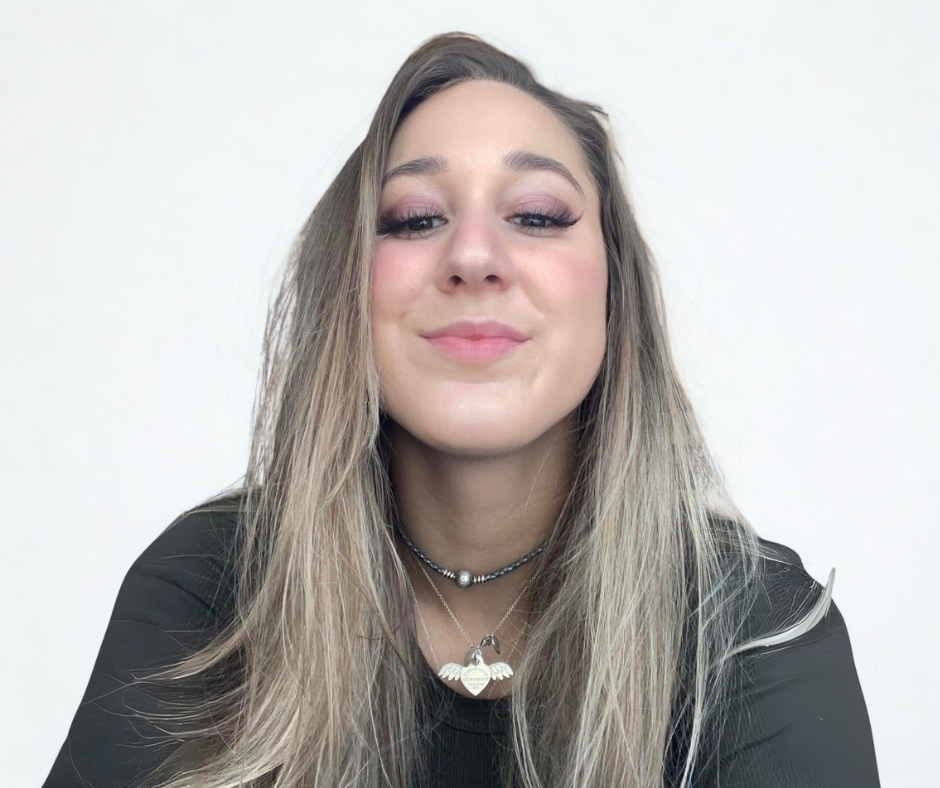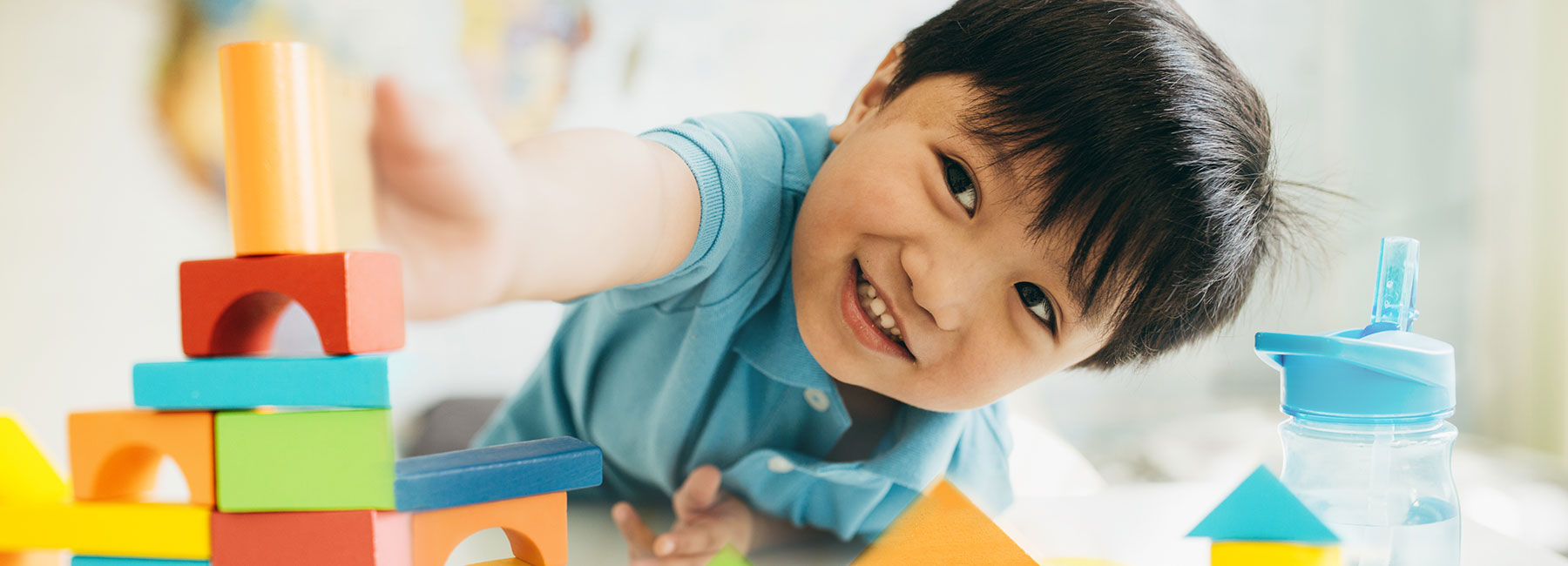
Christina’s journey from our youth advisory council to our engagement team
Christina Robert joined our youth advisory council (YAC) in 2021, during the height of the pandemic. Like many students, Christina was still getting used to the newer virtual world. She was also watching people she cherished face mental health and substance use challenges. Christina's approach was to listen without judgment, knowing there was a deeper story behind each of their struggles. She'd lend an ear, let them know they were seen and that her door was always open to talk through things.
Christina lives in Sudbury, and it quickly became clear that her community lacked youth-centered supports. That realization planted a seed. She wanted to be part of something that could make things better.
Fast forward to today: Christina is now one of our engagement team's two Youth Advisors, working alongside Lilli Green to make sure that young people are not only at the table but have a hand in the work being created at the Knowledge Institute.
We caught up with Christina to talk about her journey, what she's learned along the way, and how youth leadership is pushing our sector forward.
Why did you want to join the youth advisory council?
Back in university, I realized how much I loved volunteering and giving back. I was also learning a lot about mental health and substance use through my peers, school and family members, but I wanted to better understand the systems behind it. Joining the YAC felt like my perfect growth opportunity. The idea that my voice and experiences could help contribute to bettering the system at a higher level was really motivating for me.
What kinds of things did you work on while you were a council member?
A bit of everything! I helped review and develop resources for Good2Talk. I also worked on the Good2Talk evaluation and saw how important it is to promote their work in more rural and remote places.
One of the biggest highlights for me was speaking at the Children’s Mental Health Ontario (CMHO) conference in 2023 on priorities in substance use and addictions services for young people in Ontario. That experience pushed me out of my comfort zone, but it was great to see my impact directly.
I was also a member of the Knowledge Institute’s Strategic advisory council, which gave me a much wider lens on the system and how all the pieces connect.
How did you go from YAC member to Youth Advisor?
Honestly, I kind of manifested it. I remember being on the council and thinking, I want to do more. I want to help make this better. I saw what worked, and I also saw what could be improved.
Sometimes we were brought into consultations but didn’t have enough context, we weren’t always sure why we were there or what kind of feedback was needed. That stuck with me. So, when the Youth Advisor position opened, I knew I had to go for it and I haven’t looked back since.
Tell us more about your new role as Youth Advisor.
As a Youth Advisor, I want to make sure the YAC is meaningfully connected to the work happening across the Knowledge Institute. Lilli and I support the council directly and act as their ambassadors. We identify opportunities for the YAC to co-develop projects and help connect them to the work being done in every corner of the Knowledge Institute.
My goal is to build a youth-centered approach to engagement that evolves with their needs. I focus a lot on creating timely, meaningful ways for the council to engage with us. I want them to feel valued and find opportunities for them to feel integrated into our work beyond the monthly meeting. Whether that's helping the Knowledge Institute shape a project from the early beginnings, review resources, or share input on strategic directions.
We've also implemented smaller things, like adding breakout rooms during the monthly meetings so young people who may be shy or nervous can express themselves in smaller groups. My goal is to make sure there's always a clear path for YAC members to contribute, and for them to see with full clarity how their contributions are making a difference.
What’s something you’ve learned about yourself through all this?
I’ve learned that I can make an impact. That my voice matters. Before this, I didn’t realize how much weight lived and living experience can carry in this kind of work.
I’ve also realized how much I love connecting with people and building relationships with staff and others in the sector. And I’ve grown more confident in facilitating meetings and speaking up, even in bigger spaces.
Looking back, what would past-you think of where you are now?
Past me would be proud. And maybe a little shocked? But in a good way. There was definitely a moment where I didn't think I'd get here.
Back then, I was still on the youth advisory council and trying to complete a 425-hour practicum so I could graduate — but I had no idea how I’d make it work. Around the same time, my dad went into cardiac arrest, and everything felt heavy and overwhelming. I needed a practicum that could be done virtually so I could stay close and help with his recovery. When I reached out to Kelli, our manager of engagement, she connected me with an external opportunity that made it possible for me to graduate. The Knowledge Institute showed up for me when I needed it most and now, I want to show up for other young people in the same way.
Why is it important for young people to be involved in mental health and addictions work?
Because young people bring a different lens. They are living this stuff right now. They see what is working or not working in real time. They understand the pressure, the stress and the gaps.
Young people also have a way of asking the hard questions and pushing for what's better. Sometimes when you’ve been working in the field for a long time, it’s easy to fall into the same patterns. Young people challenge that. And when they're not there, you lose that.






